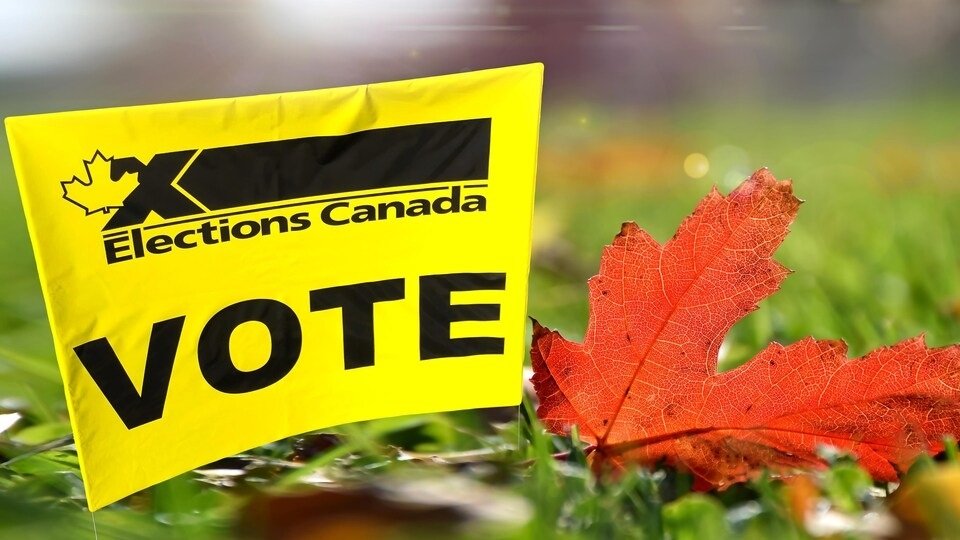The United Kingdom has decided to lower its voting age from 18 to 16, a move that has sparked fresh debate in Canada. Many youth advocates are now urging Canadian lawmakers to consider a similar change, saying it would improve political engagement and democratic participation.
Jaden Braves, CEO of Young Politicians of Canada, welcomed the U.K. decision and said Canada has missed a chance to lead in youth democracy. He said the change is long overdue and shows a strong commitment to involving young people in the political process.
The new voting age in the U.K. is part of a broader effort to include more citizens in elections. The British government says these steps will make democracy more open and effective. In Canada, efforts to lower the voting age have been raised many times over the past decades. Still, no change has been made at the federal or provincial level. Many believe the law is outdated, especially since teens can already work, drive, pay taxes, and join the military in some cases.
In 2021, a group of young Canadians filed a legal challenge against the federal government. They say not allowing 16- and 17-year-olds to vote goes against the Canadian Charter of Rights and Freedoms. Their case argues that Section 3 guarantees every citizen the right to vote, and Section 15 ensures all individuals are treated equally under the law.
Amelia Penney-Crocker, who joined the court case at age 15, said the U.K.’s decision gives her hope. Now 19, she has voted in multiple elections but still believes the legal fight is important. She says democracy improves when more people are included and believes teens are ready to vote if given the chance. She says expanding the vote has always had a positive effect in Canadian history, and this step would continue that progress.
Some critics of the idea say lowering the age might not increase overall turnout. They also suggest that teens can already get involved in other ways, like joining political clubs, school debates, or campaign teams. Others worry about maturity and decision-making. But youth advocates argue that these same concerns were once used to deny voting rights to women and minorities. They say those arguments are no longer valid.
Supporters believe schools can play a key role by teaching civic responsibility and helping students understand how elections work. They say voting is a habit that starts early and lasts a lifetime. If people learn the value of participation when they are young, they are more likely to stay active in democracy throughout their lives.
Canada has not changed the voting age since 1970, when it was lowered from 21 to 18. Several private members’ bills have tried to reduce it again, but none have passed. The current court case is one of the strongest efforts so far and has brought the issue back into the spotlight.
With the U.K. now setting an example, young Canadians and their supporters hope that change is coming. They say that giving 16- and 17-year-olds the right to vote will not only empower youth but also strengthen Canada’s democracy as a whole.
For many teens, it’s not just about casting a ballot. It’s about having a say in the future of their country. They want their voices to count in the decisions that shape their lives.

